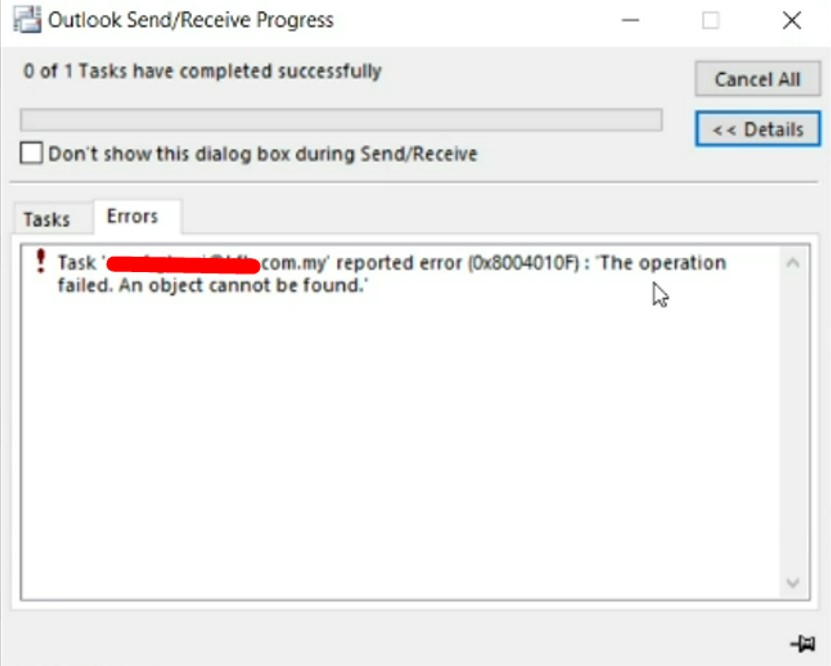1. Check the Global Address List (GAL):
Verify the GAL, which is the source of the OAB. (Can check in Exchange Management Shell )
Get-OfflineAddressBook | Format-List Name,AddressLists
2. Check the Arbitration Mailbox:
An arbitration mailbox is a special mailbox in Exchange that is used for storing system data like the OAB and handling certain workflows.
- Why it matters: The OAB is generated and stored in a special System Mailbox, which is an arbitration mailbox. If this mailbox is missing or misconfigured, the OAB cannot generate correctly.
- How to check it:
- Microsoft has detailed guides on how to recreate arbitration mailboxes if they’re missing. If needed, you can refer to Microsoft’s guide.
- Use the command below to list arbitration mailboxes in Exchange and check if the OAB mailbox is present
- If the system mailbox for OAB is missing or incorrectly configured, you can follow the next steps to fix it.
Get-Mailbox -Arbitration
3. Update Mailbox Capabilities:
How to Find Your System Mailbox GUID
To find the correct GUID for the OAB system mailbox in your environment, you can run the following command:
Get-Mailbox -Arbitration | Where-Object {$_.PersistedCapabilities -like "*OAB*"} | Format-List Name,Guid
Use the following command to update the system mailbox (OAB arbitration mailbox) with the necessary capabilities:
**In this situation my GUID is {cc558c35-97f1-4cb9-8ff7-d53741dc928c}
Get-Mailbox "SystemMailbox{cc558c35-97f1-4cb9-8ff7-d53741dc928c}" -Arbitration |
Set-Mailbox -Arbitration -UMGrammar $true -OABGen $true -GMGen $true -ClientExtensions $true
-MessageTracking $true -PstProvider $true -MaxSendSize 1GB -Force
Add additional capabilities with this command:
$OABMBX = Get-Mailbox "SystemMailbox{cc558c35-97f1-4cb9-8ff7-d53741dc928c}" -Arbitration;
Set-ADUser $OABMBX.SamAccountName -Add @{"msExchCapabilityIdentifiers"="40","42","43","44","47","51","52","46"}
4. Create a New OAB:
If the current OAB is corrupted or not working as expected, create a new OAB.
- Why it matters: A new OAB ensures fresh data is generated for Outlook clients to download.
- How to do it:
- In the Exchange Admin Center (EAC):
- Navigate to Organization > Address Lists > Offline Address Book.
- Create a new OAB, and ensure it is set as the default OAB for users.
- In the Exchange Admin Center (EAC):
5. Update and Sync Changes:
Once the OAB and mailbox are configured correctly, it’s essential to propagate these changes across your network and ensure everything is up to date.
- Update the OAB:
- Run the following command to update the OAB:
Update-OfflineAddressBook -Identity "Default Offline Address Book"
- Run the following command to update the OAB:
- Enable Global Web Distribution:
- Set the GlobalWebDistribution to
$true, which allows the OAB to be distributed across the web to Outlook clients:Set-OfflineAddressBook "Default Offline Address Book" -GlobalWebDistributionEnabled
- Set the GlobalWebDistribution to
3. Sync changes across Domain Controllers:
- Use repadmin to sync changes across all Domain Controllers, so Active Directory and Exchange stay aligned:
repadmin /syncall
Reset IIS using:
iisreset
6. Verify in Outlook:
Finally, verify that the OAB is functioning correctly by testing in Microsoft Outlook.
-
- In Outlook, go to Send/Receive > Download Address Book and initiate a download of the OAB.
- If the download is successful without any errors, the issue is resolved.
![]()



